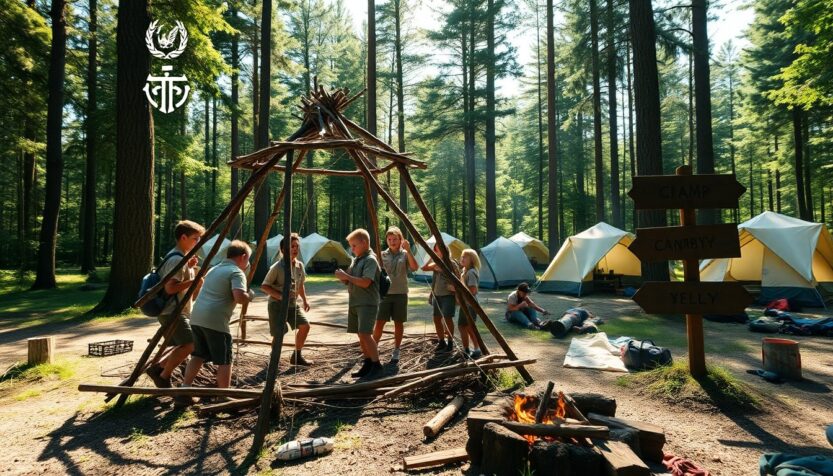The Pentagon’s potential decision to end its long-standing relationship with Scouting America, previously known as the Boy Scouts of America, has sparked significant concern among various communities. This shift follows the organization’s 2018 policy change to permit girls to join, a move that has drawn criticism from some, including Defense Secretary Pete Hegseth. Hegseth has indicated that he may withdraw government support, arguing that Scouting America no longer upholds the traditional values historically linked to boyhood.
Historical context of scouting and military ties
The relationship between the military and scouting has a long-standing history that spans over a century. The scouting movement has often acted as a recruitment avenue for the armed forces, offering programs that reflect military training and core values. Scouting activities frequently utilize military handbooks, and events like the National Jamboree feature military demonstrations and recruitment efforts. This collaboration benefits both parties: scouting imparts vital skills to youth, while the military gains access to a pool of potential recruits.
Changes in scouting’s mission
Scouting America has undergone a notable transformation by launching a diversity, equity, and inclusion badge, subsequently renamed the Citizenship in Society badge. This initiative reflects a commitment to a more inclusive scouting philosophy, resonating with modern societal values. Despite these advancements, criticisms from figures like Hegseth argue that such changes divert the organization from its original mission, which he believes centers on fostering traditionally masculine values in boys.
Implications of the proposed severance
The Pentagon’s potential decision to sever ties with Scouting America could have significant consequences. Reports indicate that the Defense Department is considering withdrawing support for scouting programs on military bases. This move would effectively end a partnership that has offered vital stability and community support to numerous military families.
Roger Krone, CEO of Scouting America, voiced his concerns regarding this potential shift. He highlighted the organization’s dedication to serving all young Americans, particularly those from military families who rely on such programs for connection and support.
Meritocracy and community within scouting
Krone’s statement underscores a vital element often missed in discussions about scouting: the emphasis on meritocracy. He argues that achievements in scouting, such as earning badges and ranks, are awarded based on effort and dedication rather than simple participation. This focus on personal growth and responsibility is fundamental, as it equips young people to face future challenges. In addition, scouting cultivates a sense of community, offering a supportive environment where youth can forge lasting friendships and develop resilience, which is especially crucial for children from military families.
Future of scouting amid political pressures
The potential disassociation from the military reflects broader political movements that seek to challenge perceived progressive shifts within various institutions, including scouting. Conservative voices, such as Kevin Roberts of the Heritage Foundation, have called for a reevaluation of organizations like Scouting America, arguing that they may promote elements harmful to traditional values. This discourse highlights an increasing divide in opinions regarding scouting’s role in contemporary society.
As discussions about gender inclusivity and traditional values evolve, the future of Scouting America faces significant challenges. The organization must navigate these complexities while upholding its foundational mission. This ability will be crucial in shaping its future direction. Many advocates believe that scouting, with its rich history of fostering leadership and community service, has much to contribute to developing the next generation of American leaders.
